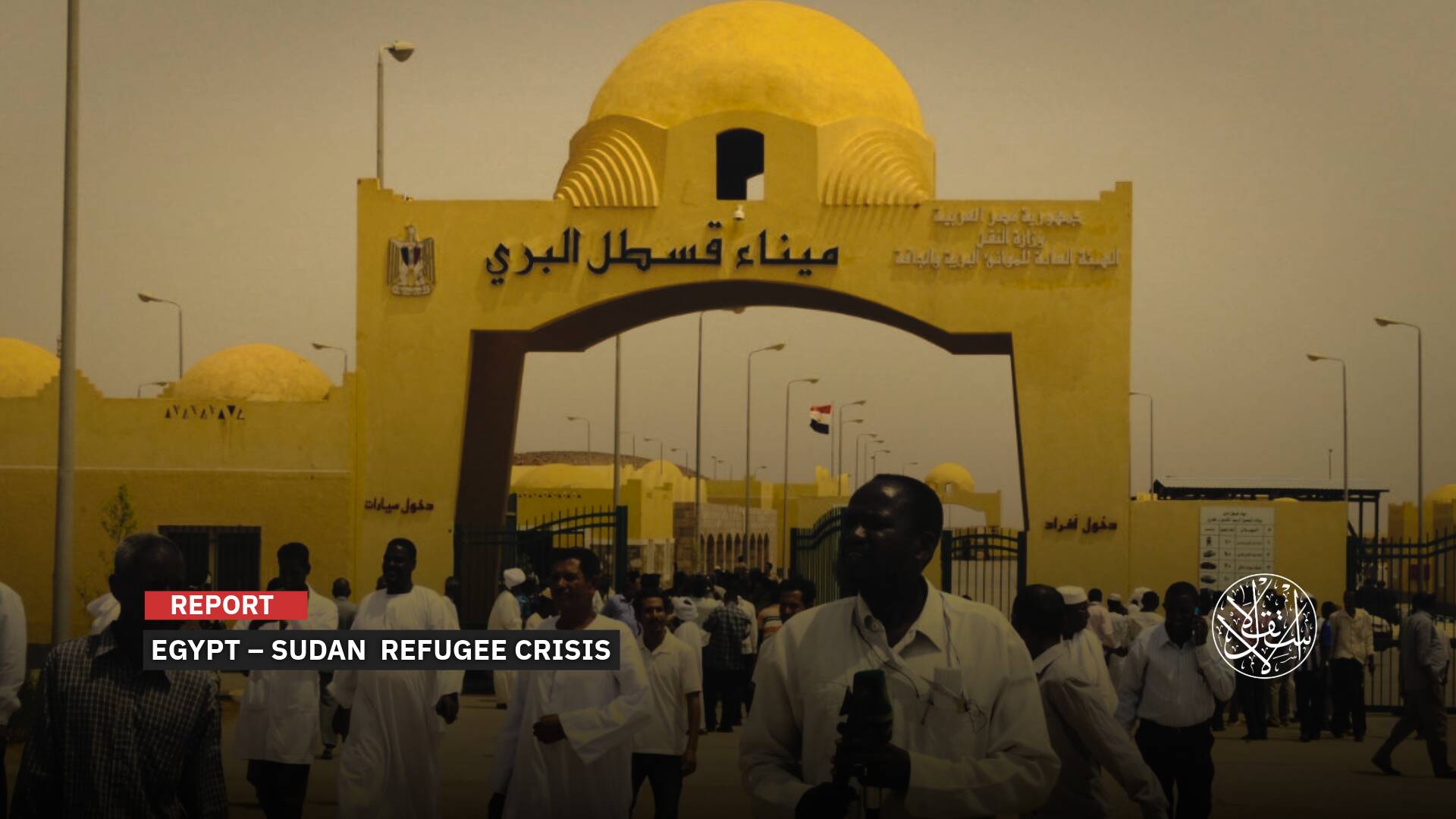According to Experts: Will the U.S. Stock Market Deteriorate Soon?

As the year draws to a close, the global financial scene is fraught with uncertainty. History has shown that market collapses and economic recessions can strike at any time, undermining the stability of the most robust financial institutions.
The U.S. economy has managed to dodge the recession trap so far, but some experts warn that Wall Street, the heart of the global financial system, may be headed for a crash in the near future.
One of these experts is Michael Burry, a veteran investor who gained fame for his accurate forecast of the 2008 real estate market collapse. He has placed a massive bet of more than $1.6 billion on the U.S. stock market crashing by the end of this year.
This has sparked speculation about the possibility of another stock market crash, the first since the coronavirus pandemic erupted in 2020. Will the market be able to correct itself? Or is the crash inevitable? What is a stock market crash?

Stock Market Crash
A stock market crash occurs when there is a sudden and steep drop in the value of stocks traded on the stock exchange.
This means that stock prices fall sharply and continuously over a certain period of time. A stock market crash usually happens when there is a lot of selling pressure on prices without enough demand to balance it.
There are many factors that can contribute to a stock market crash, such as economic uncertainty, negative news that affects the market, rising interest rates, slowing economic growth, and sometimes even automated and algorithmic trading that can increase market volatility.
A stock market crash can have serious economic and social consequences, such as reducing personal wealth, hurting pension and investment funds, lowering confidence in the economy, increasing unemployment rates, and other things that have happened in previous crashes.
The Independent reported that Michael Burry, whose character was portrayed by Christian Bale in the movie The Big Short, has bet more than $1.6 billion that Wall Street’s crash is coming soon.
According to filings from the U.S. Securities and Exchange Commission, issued on August 14, Burry has bought negative options in the Standard & Poor’s 500 (S&P 500) and Nasdaq-100 stock markets, both of which represent the U.S. economy in general.
It is worth noting that Burry’s pessimistic predictions often attract more attention than his optimistic bets in financial circles.
CNN said that Burry used more than 90% of his portfolio to bet on a market downturn. It turned out that Burry’s investment company Scion Asset Management bought contracts worth $866 million in “put options” against a fund that tracks the S&P 500 index, and contracts worth $739 million in put options against a fund that tracks the Nasdaq-100 index.
This bet comes despite the rise of the S&P 500 index by 16%, and the Nasdaq-100 index by 38% this year.

Losing Gamble
On the other hand, against the bright backdrop of what seems to be a booming stock market, one veteran analyst sees Burry’s bet on a stock market crash as just a losing gamble.
Mark Chaikin, founder and CEO of Chaikin Analytics, said that Burry will be wrong like Mike Wilson was wrong.
He was referring to Morgan Stanley’s chief equity strategist, who was surprised by the historic rise in stocks this year after previous negative expectations.
However, it should be noted that Burry has made several accurate predictions in recent years, such as his early warning in April 2020 that inflation could become a problem.
And when price growth reached its highest level in 40 years last summer, he correctly predicted that it would decline within months. He also sounded the alarm.
He also sounded the alarm about runaway cryptocurrency prices before they fell last year.

Different Conditions
But while Burry’s pessimism may have paid off in the past, some analysts argue that the current market conditions are different from those that preceded the 2008 crisis.
They point to several factors that make Wall Street more resilient and less prone to a sudden collapse.
One of these factors is the regulatory reforms that were implemented after the 2008 crisis, which aimed to strengthen the stability and transparency of the financial system.
These reforms included stricter rules for banks and other financial institutions, such as higher capital requirements, enhanced risk management practices, and more rigorous stress tests.
Another factor is the diversity of the U.S. economy, which reduces its dependence on any single sector or industry.
The U.S. economy is composed of various segments, such as technology, health care, manufacturing, and services, that contribute to its growth and innovation.
This diversity acts as a buffer, mitigating the impact of a potential downturn in one area on the overall economy.
Moreover, unlike in 1929 or 2008, when systemic failures triggered a global recession, the current economic landscape is more robust and adaptable.
The U.S. economy has shown remarkable resilience in the face of multiple challenges, such as the COVID-19 pandemic, trade wars, geopolitical tensions, and natural disasters.
The rapid development and distribution of vaccines, the fiscal and monetary stimulus measures, and the digital transformation of many businesses have helped the economy recover from the pandemic-induced slump and maintain its momentum.
Therefore, while Burry’s bets may reflect his conviction and expertise, they also entail significant risks and uncertainties.
The stock market is influenced by a complex network of interconnections that make it difficult to predict its future behavior. And while volatility may be inevitable, a complete meltdown of Wall Street may not be as likely as some might think.












